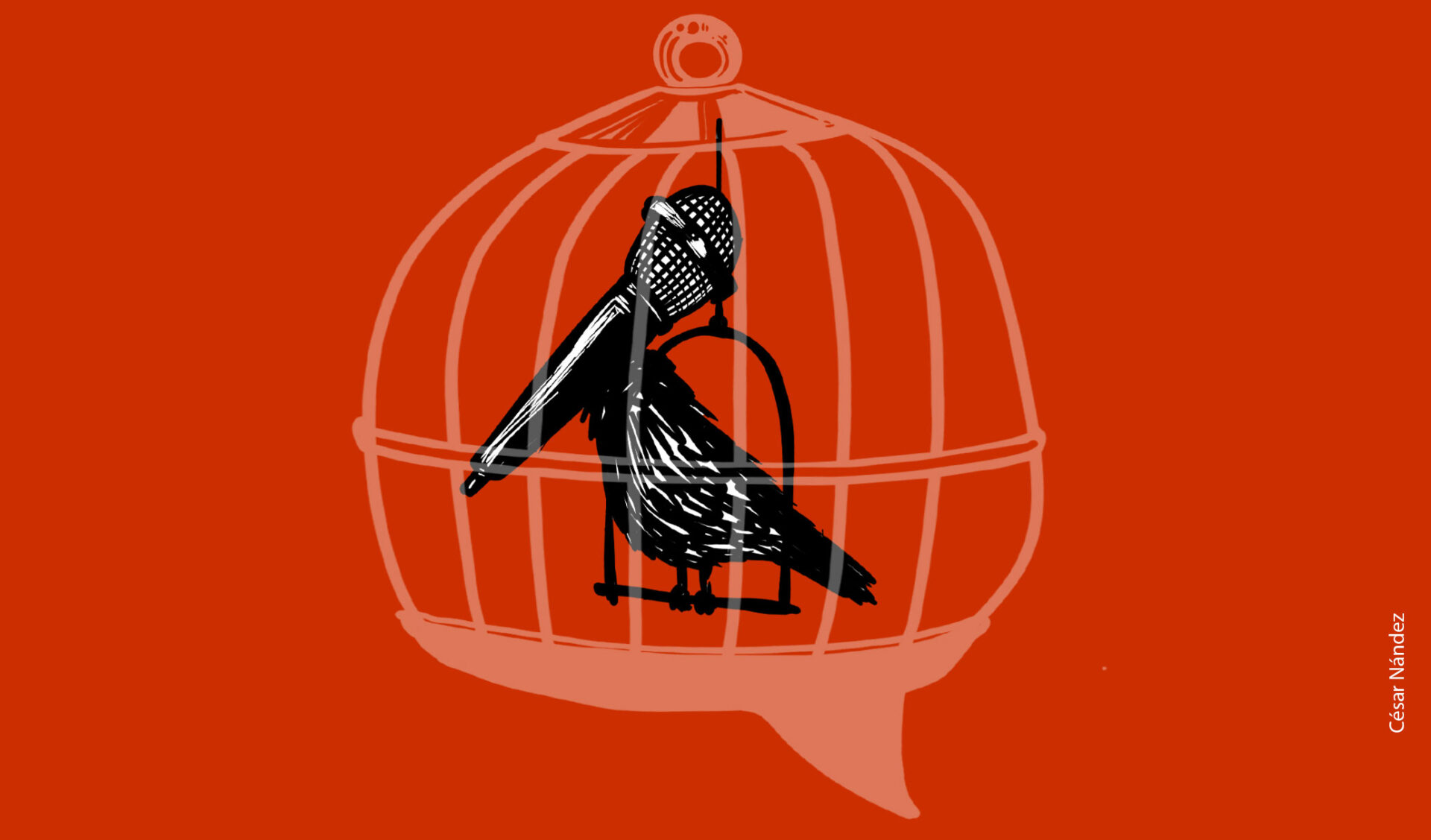Harassment of journalism—especially when it affects the interests and narratives of those in power—is neither new nor unique to any one country. But it is taking on new forms, crossing borders, and spreading contagiously through Western democracies and hybrid regimes alike. These are places where those intent on undermining the credibility of representative institutions and basic democratic principles are making advances—starting with freedom of expression.
This has recently been warned by The New York Times publisher, A.G. Sulzberger, in a powerful defense of press freedom delivered at the University of Notre Dame in the U.S.:
“The role of a free and independent press in a healthy democracy is under direct attack, with increasingly aggressive and determined efforts to curtail and punish independent journalism. I don’t think it’s an exaggeration to say this anti-press campaign threatens the very formula for success that made the United States a model for nearly 250 years. Today, we’re seeing democracy under threat around the world. And for would-be autocrats seeking to undermine laws, norms, and institutions essential to healthy democracies, one of the first targets is often press freedom. The reasons are no secret: once the press’s ability to independently inform the public about those in power has been curtailed, acting with impunity becomes far easier.”
In Argentina, President Milei and his followers on social media have been carrying out a systematic campaign under the slogan “People don’t hate journalists enough”, copied from a Donald Trump advertising campaign in the U.S.
And that’s not the only thing the Argentine has copied from the American: the idea of journalists as a “privileged caste, enemies of the people” has its roots in populist ideologies that see journalism as an obstacle. It was adopted by Trump as a core part of his rhetoric. Milei’s verbal attacks on the press have been a constant feature of his administration, which leans heavily on his digital communication team and wages its “cultural battle” via social networks. The Argentine Journalism Forum (FOPEA) reported 179 attacks throughout 2024—a 53% increase compared to the previous year.
In addition, the government has introduced new, more restrictive criteria for accrediting and carrying out journalistic work at the presidential palace. These include a dress code, limits on the number of reporters present, and an “Objective Evaluation Manual” that scores journalists seeking accreditation at Casa Rosada. These new requirements “constitute a dangerous situation that could seriously affect access to public information,” stated the Argentine Association of Journalistic Entities (ADEPA).
This topic was also addressed by communication experts at the Wapor Latin America 2025 Public Opinion Congress, held recently in Florianópolis, Brazil, under the theme “Public Opinion, Civic Engagement, and Global Risks in Latin America.” In particular, a well-known and studied phenomenon called the “Hostile Media Perception” refers to the tendency to see media coverage as biased against one’s own position—even when the topic is reported objectively and fairly. This effect is especially noticeable in contexts of political, social, or religious polarization, where individuals tend to interpret information in ways that confirm preexisting beliefs and reject divergent perspectives—a phenomenon also known as “confirmation bias.”
This perception of hostility manifests in the belief that media outlets favor the “other side” of the political spectrum, ignoring or distorting information that supports one’s own viewpoint.
Katia Brembatti, president of the Brazilian Association of Investigative Journalism (ABRAJI), points out that “in a platform-driven society, the theory of hostile media finds fertile ground to spread.” Attacks on the press, fueled by sources that support populist leaders and their followers on social media, are intended to deliberately undermine journalism’s credibility, “muddy the waters,” and reinforce the perception that the press is manipulative and deceitful. This climate of distrust—exacerbated by the use of fake news and deepfakes—acts like a toxic cloud over public discourse and the exchange of ideas, while also serving as a breeding ground for capricious narratives.
This is why it’s crucial to seek reliable sources of information, cultivate critical thinking, and promote open debate in order to build a better-informed society. As Brembatti emphasizes: “It is essential that journalism reassert itself as a space for critical and responsible mediation, presenting accurate and contextualized information that allows for the formation of an informed and conscious public opinion.” In a context of information overload, disinformation, and attacks on the press, journalistic ethics become even more vital. The pursuit of transparency and accountability, and the commitment to rigorous fact-finding, are essential for public trust. Once again, democracy and a free press go hand in hand—each depends on the other.
The original version of this article was published in Spanish in Clarín.













